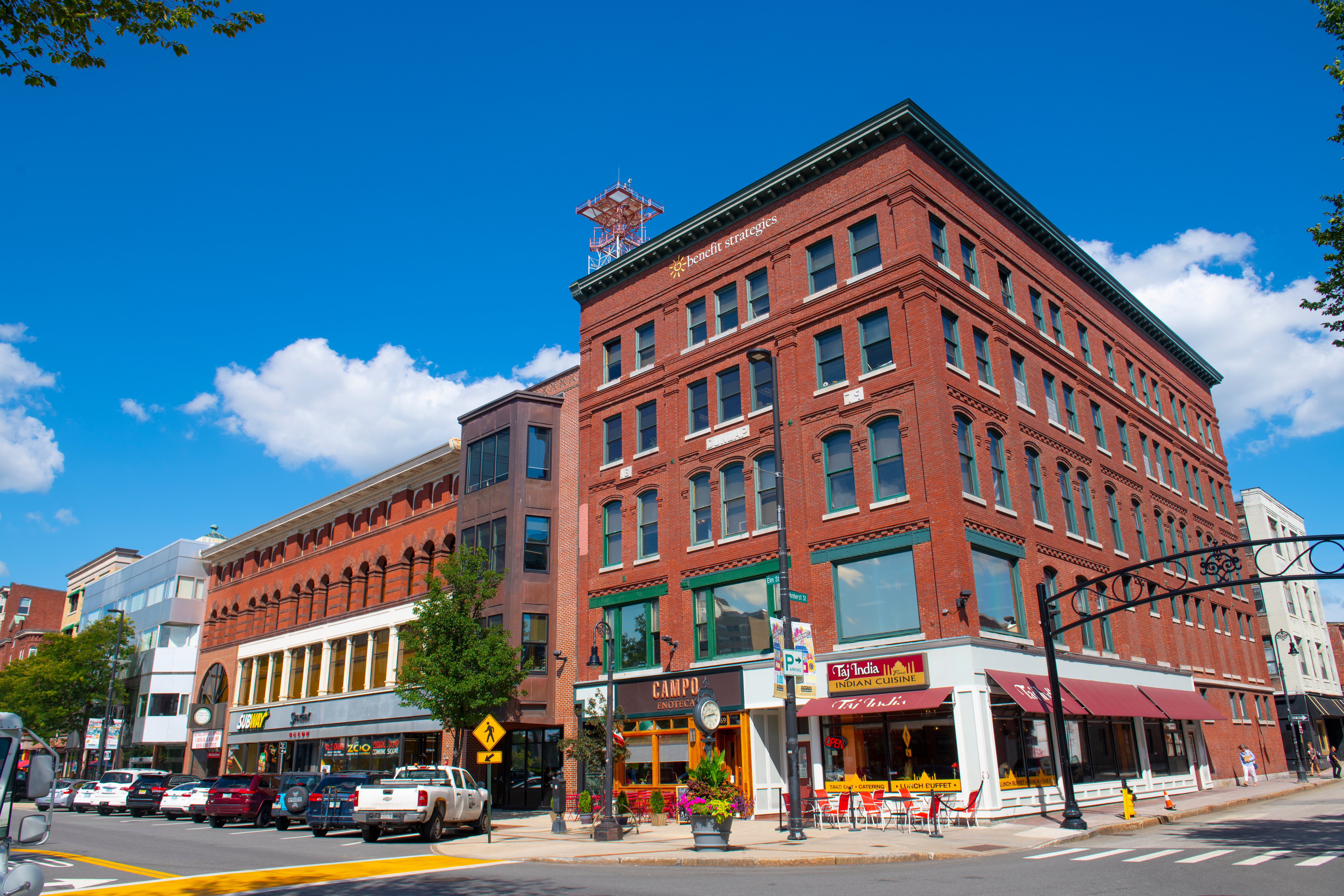Manchester needs more economic growth
Grappling with the consequences of a long and steady decline in students, the Manchester School District this week released plans to close the city’s oldest school, Hallsville Elementary. A consultant has recommended closing three other schools.
In the short term, city leaders are going to have to make difficult choices, many of which have been put off for decades.
In the long term, there is only one real solution: faster economic growth.
The problems that led to this unfortunate situation were caused in part by demographic changes. A cultural shift away from large families has driven a steady decline in child-bearing, and the long-term graying of New Hampshire’s population has shrunk school classrooms and drained communities of energy.
Yet these are not the sole cause of the city’s woes. Poor policymaking has made manageable problems worse.
For starters, as public school enrollment fell, school district spending continued to rise.
From the 2009-2010 school year to the 2019-20 school year, Manchester’s public school enrollment fell by 2,595 students, a 16.4% decline, state enrollment reports show.
But during that same time period, the school district budget grew by 22.8 million, a 14.6% increase, city budget documents reveal.
In the 2019-20 school year, Manchester taxpayers spent $22.8 million more to educate 2,595 fewer students than they did in the 2009-10 school year.
That’s not a good deal for taxpayers.
And the problems don’t end there.
The city’s sluggish population growth has contributed to a stagnating tax base and a shrinking school population.
From 2000-2020, the city’s population grew by roughly 5,600 people, or about 5.3%, U.S. Census data show. (The 2020 figures are estimates.) By contrast, New Hampshire’s population grew at nearly twice that rate during the same years.
The city’s growth rate in the last 20 years represented a sharp decline from the previous 20-year period. From 1980-2000, the city’s population grew by 16,070, or 17.6%.
The city’s growth rate is regressing to its pre-1980s doldrums.
From 1960-1980, Manchester’s population grew by only 2,654, or 3%. In the 1960s, it actually shrank.
Manchester has struggled for years to attract more residents. One reason can be found in the city’s housing restrictions. Regulations make it extremely difficult to build new homes, particular multi-family housing that is attractive to young couples.
New apartment complexes are routinely opposed by city officials, who deny approvals on the false claim that new apartments will cause overcrowded schools, as if the city’s schools would be hurt, not helped, by increased enrollments.
Relatively high taxes are another contributor. Manchester’s property tax rate of 24.66 is higher than the rates in Derry, Hollis, Hooksett, Litchfield, Londonderry, Merrimack. Nashua, Portsmouth, and Windham.
One reason for these higher rates is, again, the difficulty in building within the city. Londonderry, generally considered a more growth-friendly community, has gained from Manchester’s general hostility to new construction.
And a general dissatisfaction with school options has driven many families into neighboring communities, such as Bedford and Hooksett, or towns a bit farther away, such as Londonderry.
All of these problems are linked in a way that might not be obvious if you are in charge of only one policy area — say, schools, or roads. They’re all tied to the city’s sluggish growth.
Economic growth leads to population growth, a rising tax base, a vibrant culture, and rising government revenues.
Without growth, a city experiences stasis or decline. Manchester’s growth is happening at such a low rate, it’s constraining the city’s ability to manage its infrastructure.
Policies that encourage greater population and economic growth would help Manchester get out of its current predicament. And those policies have to be pursued consciously. Growth can be cultivated.
But too often growth is taken for granted, and public officials ignore warnings that their policies will put it in jeopardy. Today, Manchester is dealing with the results of such poor decision-making.



